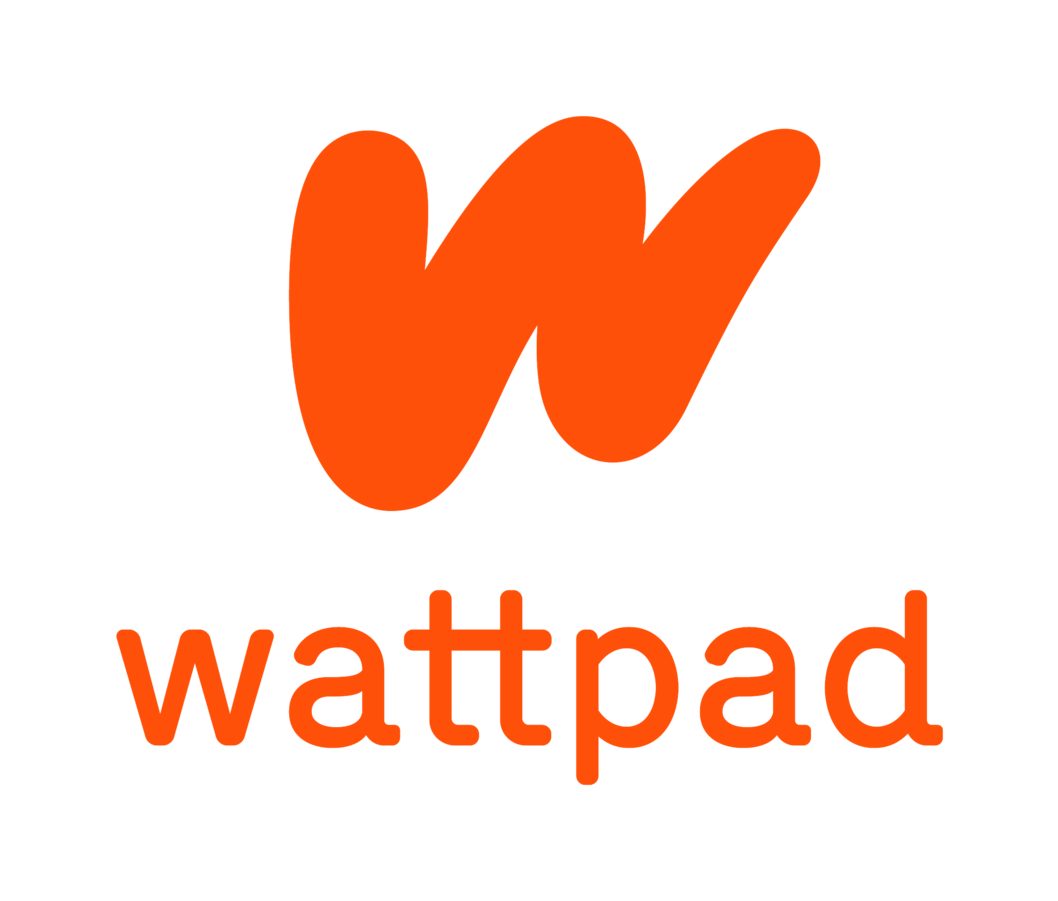Olivie Blake, best-selling writer of ‘The Atlas Six’ series, is scheduled to visit Oxford early next month for her latest book tour. Whilst this is usual enough, with other writers such as Philip Pullman and R. F. Kuang producing similar talks, there’s one thing which has drawn me to Blake’s work: she began her writing career, under that same name, on fanfiction websites.
The line between high and low-brow literature is constantly queried, especially in recent media culture, where song lyrics are often analysed like poetry. The rise of fanfiction and Young Adult literature are equally responsible: the Wattpad community has nearly 94 million users worldwide as of 2022. It has enabled readers and writers to create and enjoy new stories, whilst sharing them on an international scale, all for free.
That the majority of publications on these sites are fanfiction is undeniable. But this isn’t inherently bad: it provides the opportunity for an exercise in character development or dialogue writing, without the need for world building or introductory chapters.
Many writers even compete for a “Watty Award”. Previous winners of this award, such as ‘The Kissing Booth’, have been made into films, transforming the writer’s career. Wattpad now has its own production company, producing films like ‘After’ based on the series by Anna Todd, which can be viewed on platforms like Netflix and Amazon Prime. Whilst some of these pieces did start out as fanfiction – ‘After’ was developed from Harry Styles fanfiction – these websites are not ‘just’ for fanfiction or smut; some pieces are actually quite well-written. At its core, Wattpad is a writing app, geared towards readers. This is one of the reasons for its commercial success: it automatically trains the writers to reach their audience and write for the popular viewer, without any publishing hassle or market research.
Most contributors on fanfiction websites utilise the platforms as writing practice. They publish pieces for National Writing Month (known as NaWriMo), a challenge to write a book within a month. There is a large community where people ask for Beta readers – basically editors for their piece in order to get feedback. It is the digital equivalent to a creative writing society.
One of the reasons Blake was able to self-publish six novels prior to being picked up by a publisher was due to her relatively high, pre-established social media following: her Harry Potter fanfictions, which were first published on the website Archive of Our Own (AO3), had attracted attention on BookTok.
Recently, a fanfiction ‘canon’ has emerged. Now, you can scroll through TikTok and see almost a million videos dedicated to the Marauders from the Harry Potter series, all due to one successful fanfic called ‘All The Young Dudes’ from 2017. Nearly ten years on, and an entire fanbase has been formed from an illegitimate spin-off of a children’s book series. A community of fans now exists beyond the original source. That one text can inspire so many people is surely a compliment to any writer.
I won’t deny that some pieces are pure smut. However, as a reader, this can be avoided through filtering your searches: if you are looking for smut, though, you’ll likely find it. The websites promote pieces with the most clicks through the ‘What’s Hot’ and ‘Most Kudos’ features – pieces that do genuinely deserve the attention. The smut-side of fanfiction sites is nearly entirely self-selective: AO3 displays content warnings and asks you to agree that you are over eighteen before you open a piece with sexual content. Admittedly, this is the same level of security as telling BBCiPlayer, ‘Yes, I do have a TV licence,’ but it means that, with a ‘view at your own risk’ attitude, there is at least some regulation.
Ever since we have been telling stories and writing them, people have been inspired to craft their own versions, with varying levels of deviation from their source. The only issue that sites like Wattpad face is their association with ‘low value’ feminine writing and smut. I hope that, as we witness the rise of writers like Anna Todd and now Olivie Blake, we can see writing applications like Wattpad as a stepping stone for writers hoping to enter the professional sphere and improve their craft, rather than as a basis for jokes and judgement.


